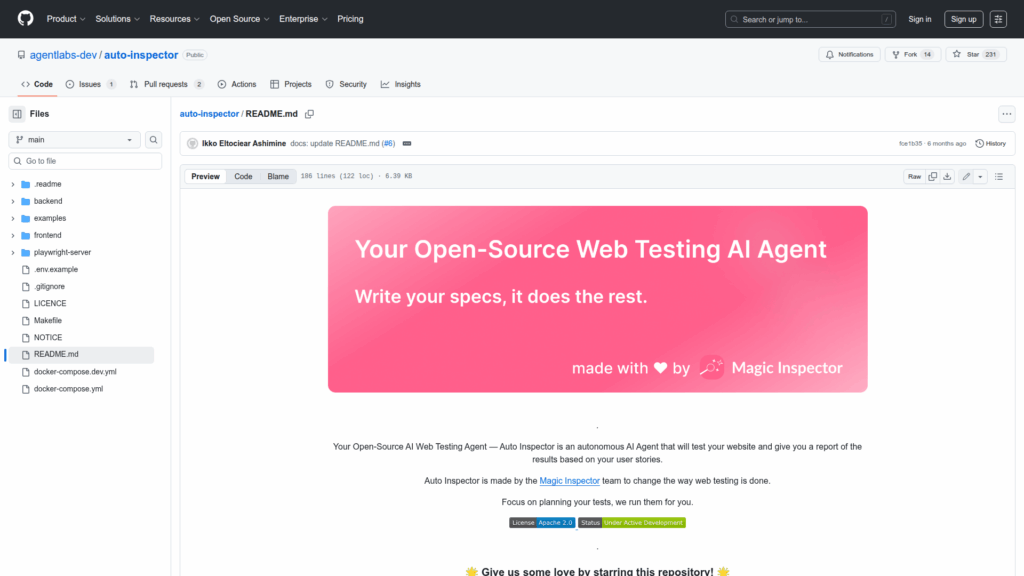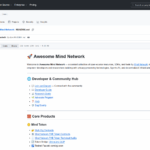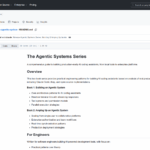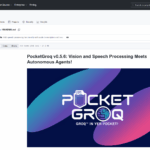auto-inspector
Basic Information
Auto Inspector is an open-source autonomous AI agent designed to test websites by executing user stories and producing test reports. It is published under Apache 2.0 and developed by the Magic Inspector team to change how web testing is done. The project offers both a GUI web application (Docker and Docker Compose based) and a CLI backend (Node.js v20+), letting users create tests with human-readable user stories that the agent interprets and runs. The README describes demo recordings, example commands, and a roadmap of improvements. The repo requires an OpenAI API key for LLM-driven behaviors and includes convenience commands to run example scenarios. The project is currently in active development and the maintainers provide a hosted cloud version and enterprise support while the open-source project matures.








